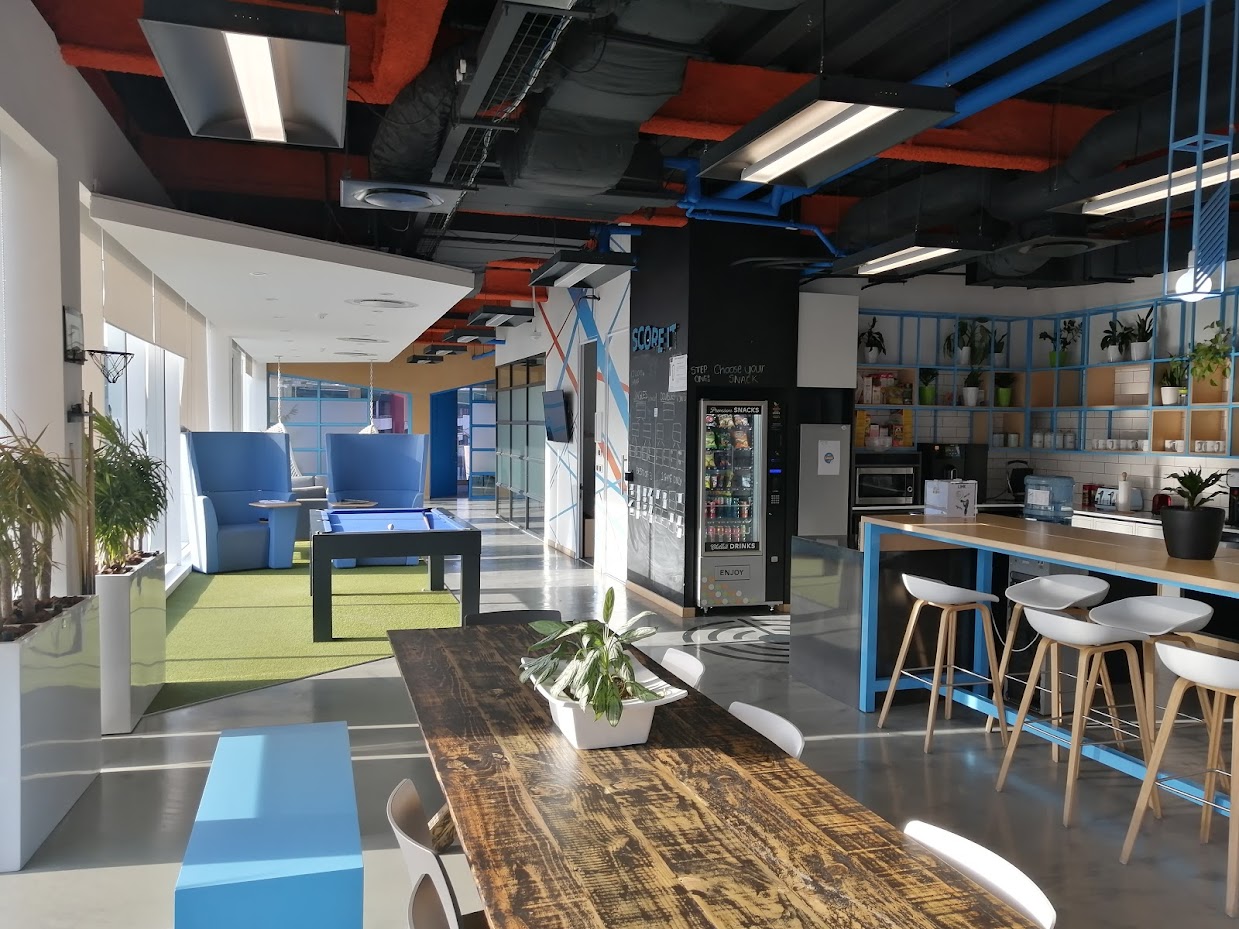Every time you start a new job there is newfound energy that comes with the new territory. You feel rejuvenated and ready to learn. This is a powerful force and when used correctly can speed up learning in your new environment as a software engineer extremely fast. Typically, you enter a new working environment with less bias about what you prefer to work on. This bias slowly accumulates over time and will eventually result in a preference.
I can write this article from a couple of different points of view. I am focusing purely on maximizing domain knowledge as a new Software Engineer and learning many different skills. This is not for everyone but I realize that most engineers struggle to understand their domain because of a lack of communication channels and or engagement or maybe just the sheer volume of information that overwhelms engineers.
Success depends on what you are willing to put in!
The noise at the office.
Before the world had to deal with Covid-19, I spent most of my time in an open office environment with loads of noise around. This noise was mainly people discussing work, yes, and the occasional social discussion, well let’s be honest a whole lot more of that. We aren’t part of these work desk discussions thus why would it be relevant to us?
The accepted solution is to cancel this out by putting on our earphones with some of our favorite music or podcasts to block it out and focus on work. Nothing wrong with that. Software engineers need solid focus time.
However, whilst it could be perceived as noise I would argue differently in that there are copious amounts of gold nuggets in the audio moving around the office. In previous jobs I had, I would remove my earphones and listen to the office chats and write down some of the terms or jargon I heard for exploring later. If you struggle to work and listen at the same time then take 15 minutes when the chatter is high or specific people are conversing and write down what you hear.
This presents a good opportunity to approach these colleagues and ask what this means in the context of the business. This learning did not fall on your lap accidentally you were looking for it and probably learned faster than you would have. Active learning! And, bonus! you showed interest and socialized with a colleague.
Doing this continuously over time will increase your knowledge and the positive by-product is to give you the ability to become part of the conversation if you decide to.
I’m working from home now!
“Ok, but with Covid-19 I started working from home. What do I do now?”.
Chat applications are the new office environment and most business-related chats at the office will move into some chat or personal channel on Teams, Zoom, Slack, or Google Meet.
There is an obscene amount of chatter in these channels and the noise (information) can be so much more than in an office. These are much easier to ignore no earphones are required. If you are new to the domain all the chatter in the chat application will be the gold nuggets you need. It is tough to follow all the channels and notifications have become the poison to our attention span.
Schedule 15 minutes during morning, midday, and evening respectively to work through these messages and write down terms or concepts you aren’t familiar with. Approach the person in a personal chat and ASK or ask in the next general meeting in a video call direct. Typically asking a question in a chat on a large channel can result in “bystander effect” where everyone else thinks someone else will answer potentially ending up with no response. This is a real phenomenon. Don’t take it personal
Remember, you will eventually learn the domain but it is in YOUR control how fast you want to learn. Learning one domain gives you the experience to more easily navigate the next.
Conclusion
Fostering this kind of awareness early on in your career will set you up for success. When you are new to a domain you are often given overwhelming knowledge transfers during hours of meetings and/or documentation that don’t provide a good starting point but rather context skipping how to get to the document is explaining.
Using this strategy allows you to put the pieces of the puzzle together until you have the full context and will greatly assist in adding context to those KTs and documentation.
Don’t wait for people to tell you what to do or feed you the info. Be proactive. Awareness, observation and just being a good listener promote active learning. This sets you apart and shows initiative which are skills managers want to see!

